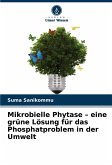
Broschiertes Buch
November 2024
Verlag Unser Wissen
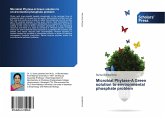
Broschiertes Buch
27. September 2018
Scholar's Press
Broschiertes Buch
November 2024
Editions Notre Savoir
Broschiertes Buch
30. November 2024
Sciencia Scripts
Broschiertes Buch
30. November 2024
Ediciones Nuestro Conocimiento
Broschiertes Buch
30. November 2024
Edições Nosso Conhecimento
Broschiertes Buch
30. November 2024
Edizioni Sapienza
Ähnliche Artikel
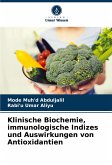
Broschiertes Buch
29. August 2024
Verlag Unser Wissen
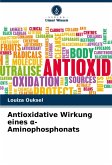
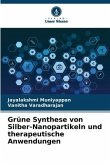
Broschiertes Buch
21. November 2022
Verlag Unser Wissen
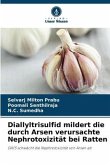
Broschiertes Buch
DATS schwächt die Nephrotoxizität von Arsen ab
18. August 2023
Verlag Unser Wissen
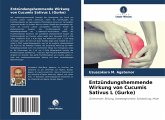
Broschiertes Buch
Schmerzen, Rötung, Unbeweglichkeit, Schwellung, Hitze
27. Mai 2024
Verlag Unser Wissen
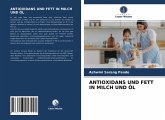
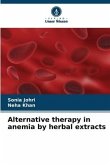
Broschiertes Buch
28. Februar 2023
Verlag Unser Wissen
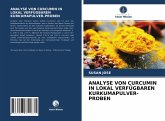
Broschiertes Buch
31. Mai 2021
Verlag Unser Wissen
Ähnlichkeitssuche: Fact®Finder von OMIKRON
